This Acadian-Cajun Christmas Revels lets the good times roll
Reviews
12.12.2016
Revels seeks a visionary Artistic Director to lead our 55-year-old organization!
Learn More HereReviews
12.12.2016
By Jeffrey Gantz GLOBE CORRESPONDENT DECEMBER 12, 2016

Photo by ROGER IDE
“The Christmas Revels: An Acadian-Cajun Celebration of the Winter Solstice” follows the Acadian people from Canada to Louisiana.
CAMBRIDGE — In 2004, “The Christmas Revels” traveled to Quebec for a celebration complete with “The Legend of the Flying Canoe” — and the canoe actually did fly, like Peter Pan, over the Sanders Theatre audience. For the 2016 edition, Revels is returning to northeastern Canada, this time to tell the story of the French-speaking Acadian people who were deported from the Canadian maritime provinces in the 18th century. Many of them wound up in Louisiana, where “Acadians” became “Cajuns.” There’s no flying canoe in “The Christmas Revels: An Acadian-Cajun Celebration of the Winter Solstice,” but there are flying feet.
Jeremy Barnett’s set is a simple one: some fish nets, or perhaps sails, as a backdrop, with a few oars thrown in, a number of large rocks, and, center stage, a giant gnarled oak tree whose sprawling branches suggest the diaspora of the Acadians. Heidi Hermiller’s period costumes include tricorners or red stocking caps for the men and white bonnets for the ladies.
Fortune smiles on these people at first: narrators Josée Vachon and Noni Lewis describe how they caught fish and drained the salt marshes to create farmland. There are folk songs and carols; “Les anges dans nos campagnes,” we learn, was a French noël before it got translated into English as “Angels We Have Heard on High.” The Petits Voyageurs Children put on a Nativity pageant and present a number, “La rose au bois” (“The Rose in the Woods”), where girls attract boys by sweeping the house clean so the boys will come and dance. We hear that in Puritan New England, you can be fined five shillings for singing carols at Christmas. (This may explain why there has never been a Puritan “Christmas Revels”!) But there’s no want of singing in Acadia, or dancing, with fiddle player Lisa Ornstein leading foot-stomping reels and a quadrille.
Then politics intervenes, as the Acadians are caught between the British and the French and expelled from the home they created. Keith Murphy sings a wrenching “Le départ du Canada” (“The Leaving of Canada”) as the exiles trudge across the stage and lighting director Jeff Adelberg engulfs the oak in flames. A French horn even turns the opening bars of “The Lord of the Dance” into a dirge.The second half of the show finds the Acadians on the road, to the walking song “Grain de mil” (“Millet Seed”), whose tongue-twisting lyrics give the performers no problem. Eventually they make their way to Louisiana, where the good times do indeed roll. The children act out a lullaby song involving hens of different colors (including green); Christmas is celebrated with the lilting “La valse cadienne de Noël” (“The Cajun Christmas Waltz”) but also with lots of two-stepping. A riotous Mardi Gras sequence features Melchior, Balthazar, and Caspar on horseback and a stuffed-animal chicken that gets thrown every which way by the audience before winding up in a pot.
No “Christmas Revels” is complete without a mummers’ play. In this Cajun version, after Room (Lewis), Hopping John (Lola May Williamson), and Père Noël (Edward Cheesman) have set the scene, King Rex (Ross MacDonald) enters to do battle with King Alligator (“Christmas Revels” master of ceremonies David Coffin), who describes his opponent as a “king-size tasty treat.” King Rex fires back by suggesting King Alligator has “small hands” and emerges victorious. Better still, when King Rex has to be resuscitated, Dr. John (Steven Barkhimer) arrives, complete with a back-up trio of three Dixiecups, and if his rendition of “Right Place Wrong Time” doesn’t revive the patient, his gris-gris cure surely will.
This “Christmas Revels” concludes with the singing of the Marian vespers hymn “Ave maris stella” (“Hail, Star of the Sea”), which is an unofficial Acadian national anthem, and then, as always, Susan Cooper’s poem “The Shortest Day” and “The Sussex Mummers’ Carol.” The program booklet is as informative as ever, but I wish there could have been room for translations of the French songs. (Most of the numbers in the show appear on the new disc “Valse de Noël,” whose booklet does provide translations.) When this Acadian-Cajun “Christmas Revels” is dancing, however — and it seems to be dancing all the time — no translation is needed.
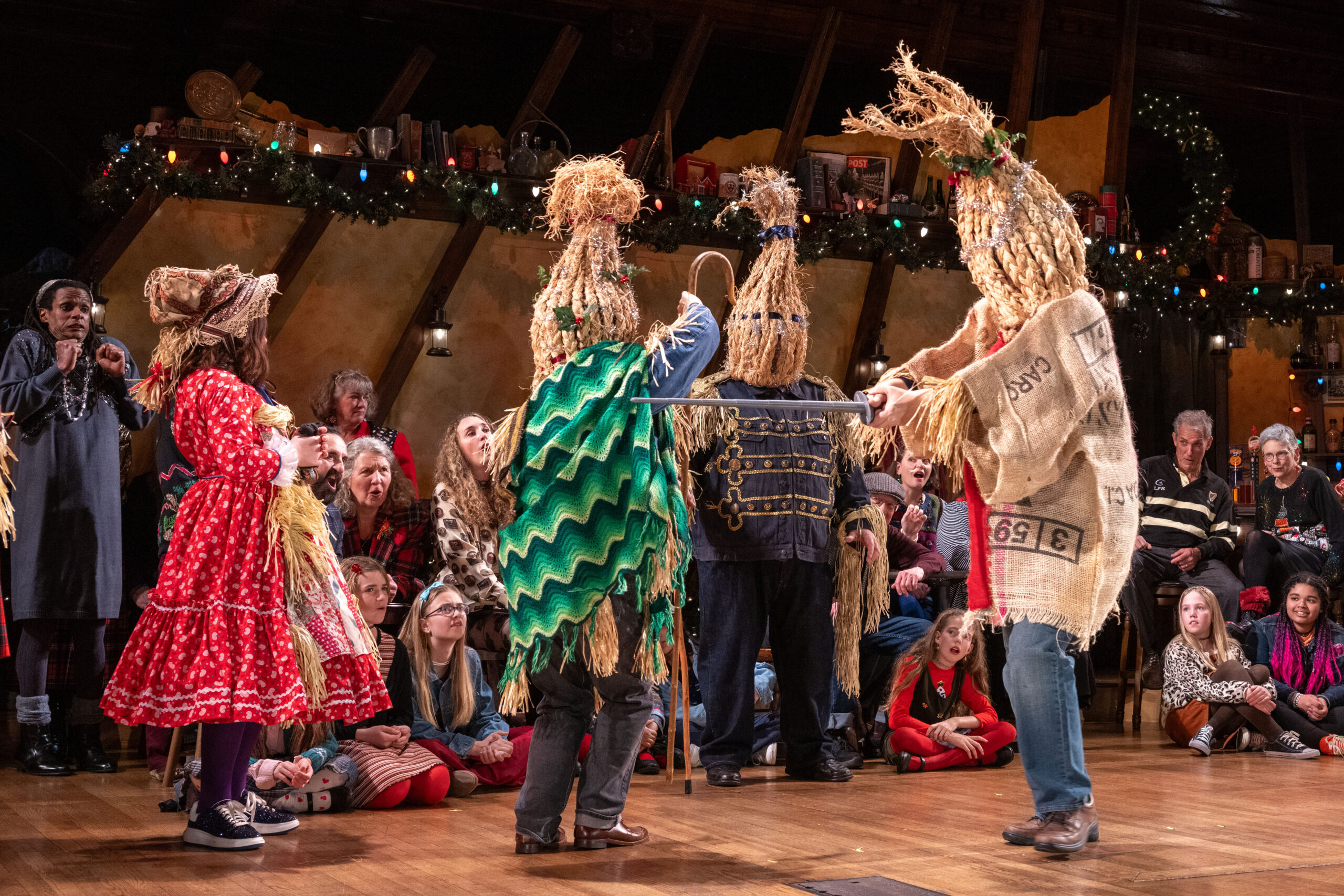
Read More
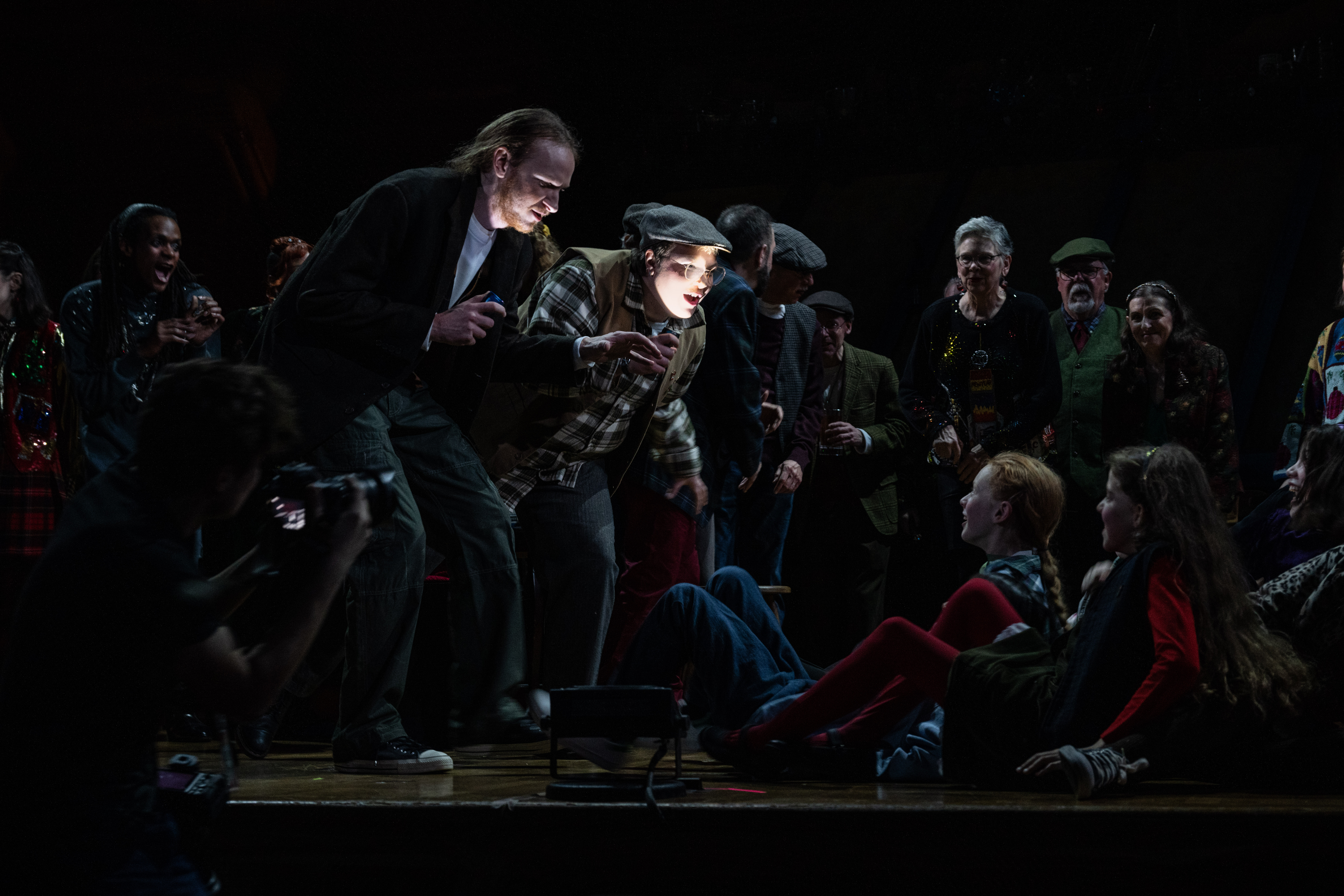
Read More
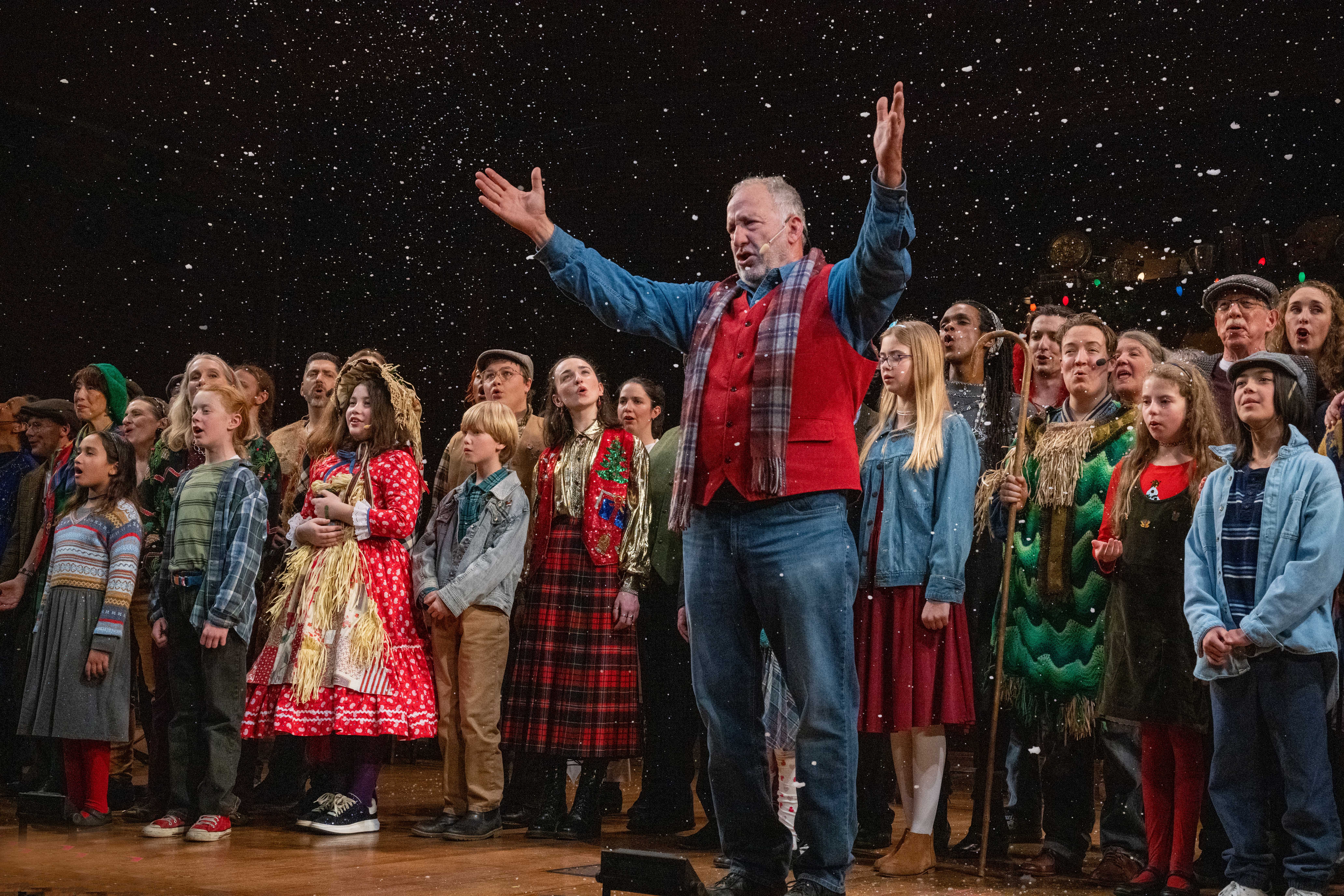
Read More
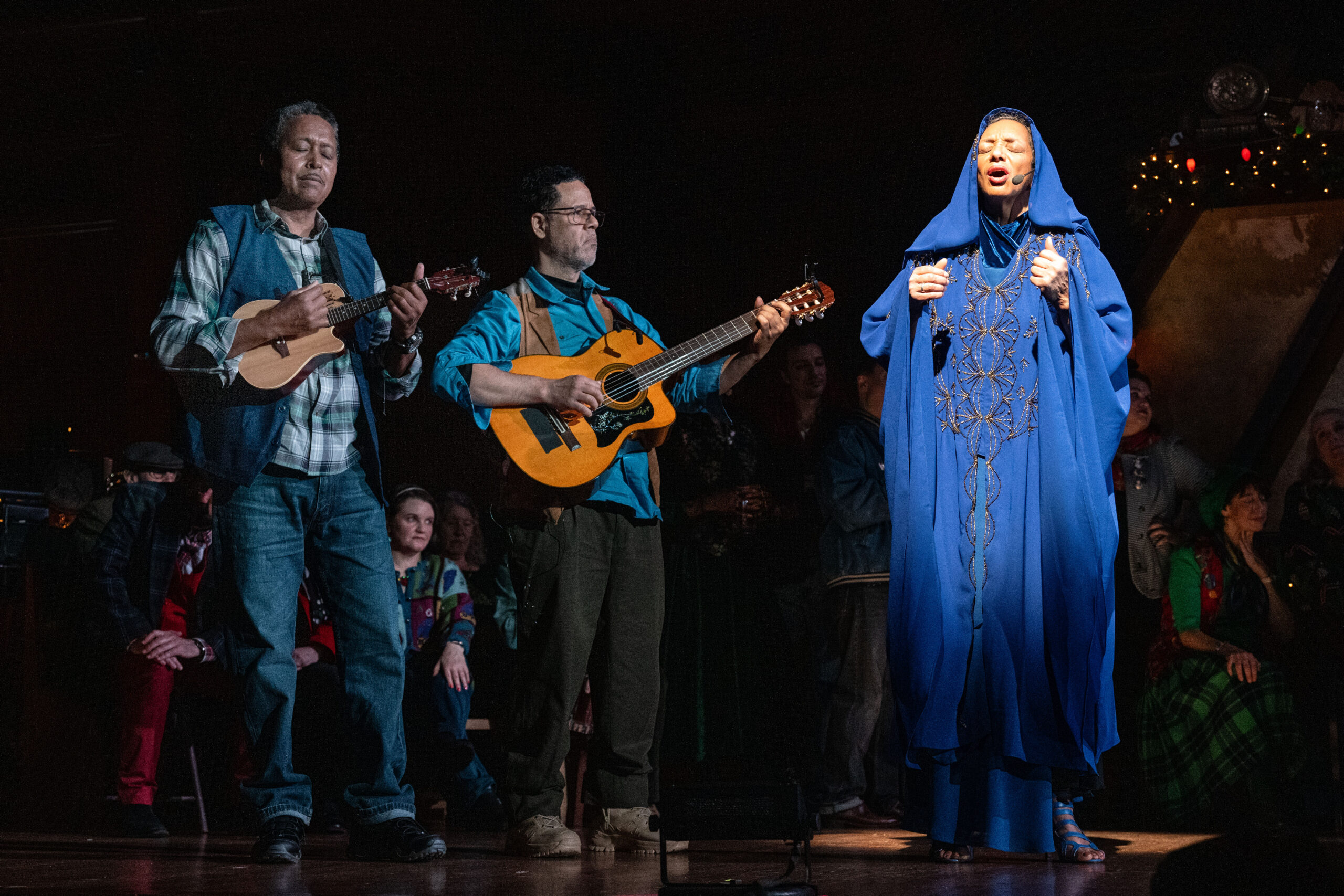
Read More

Read More
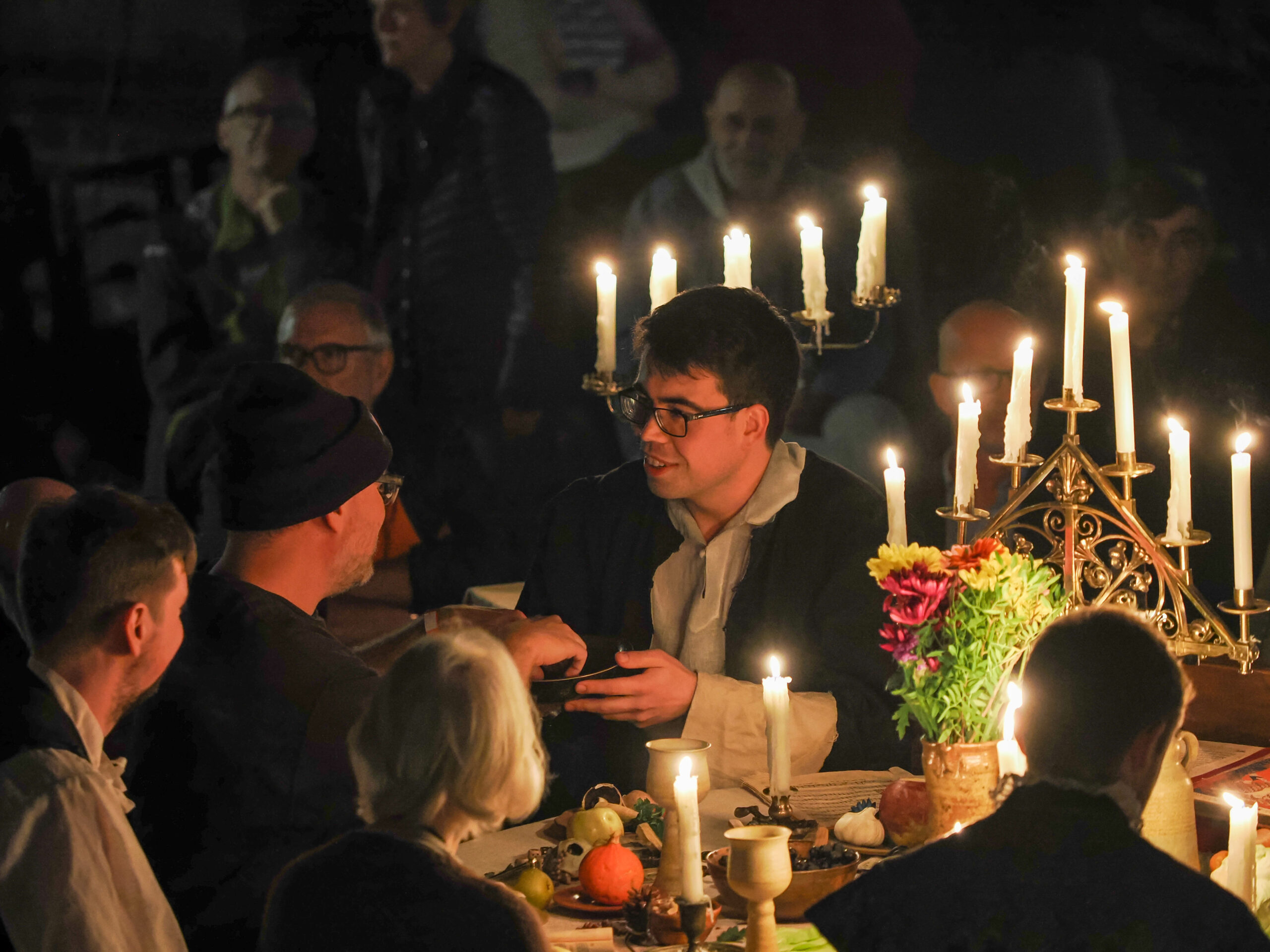
Read More
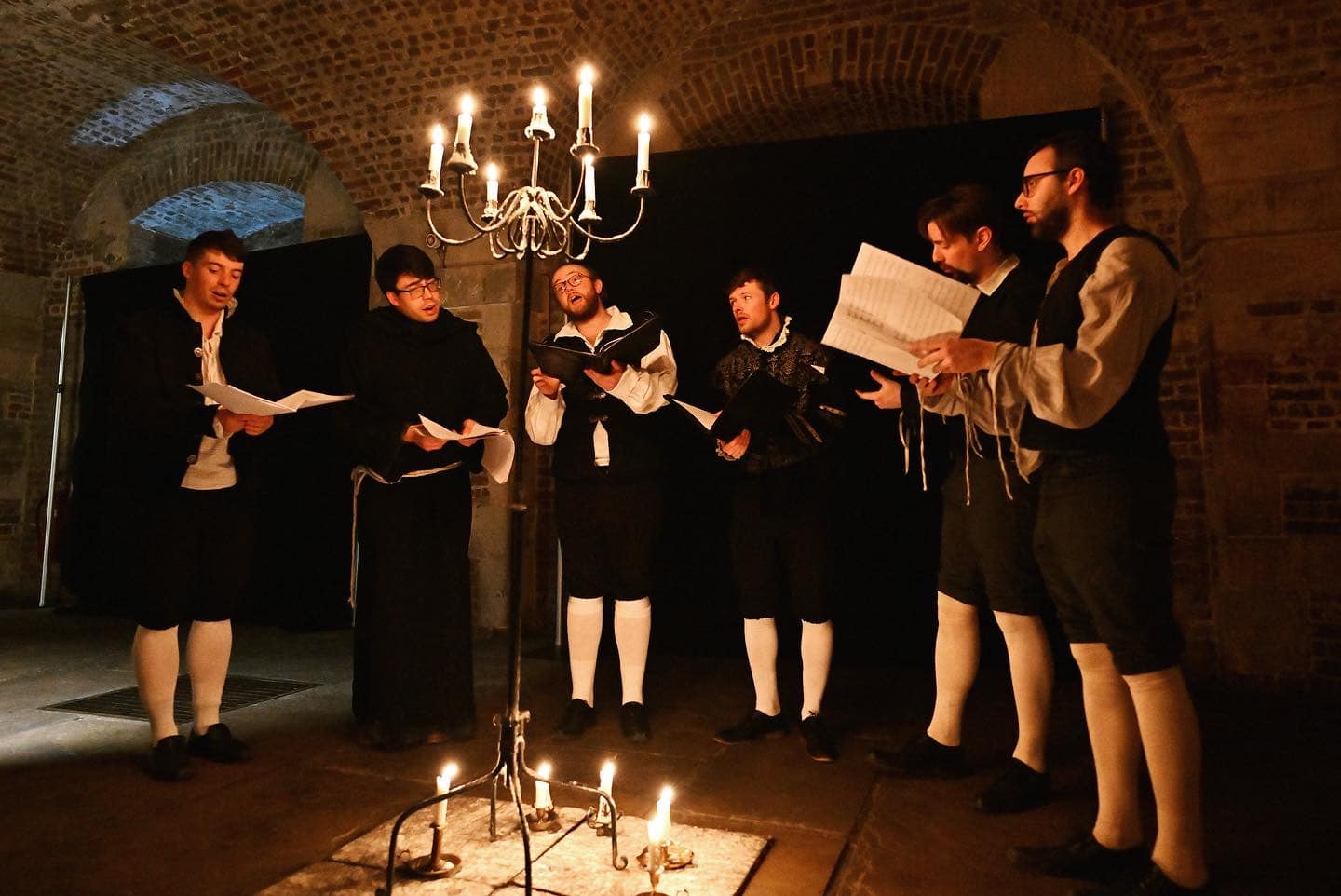
Read More
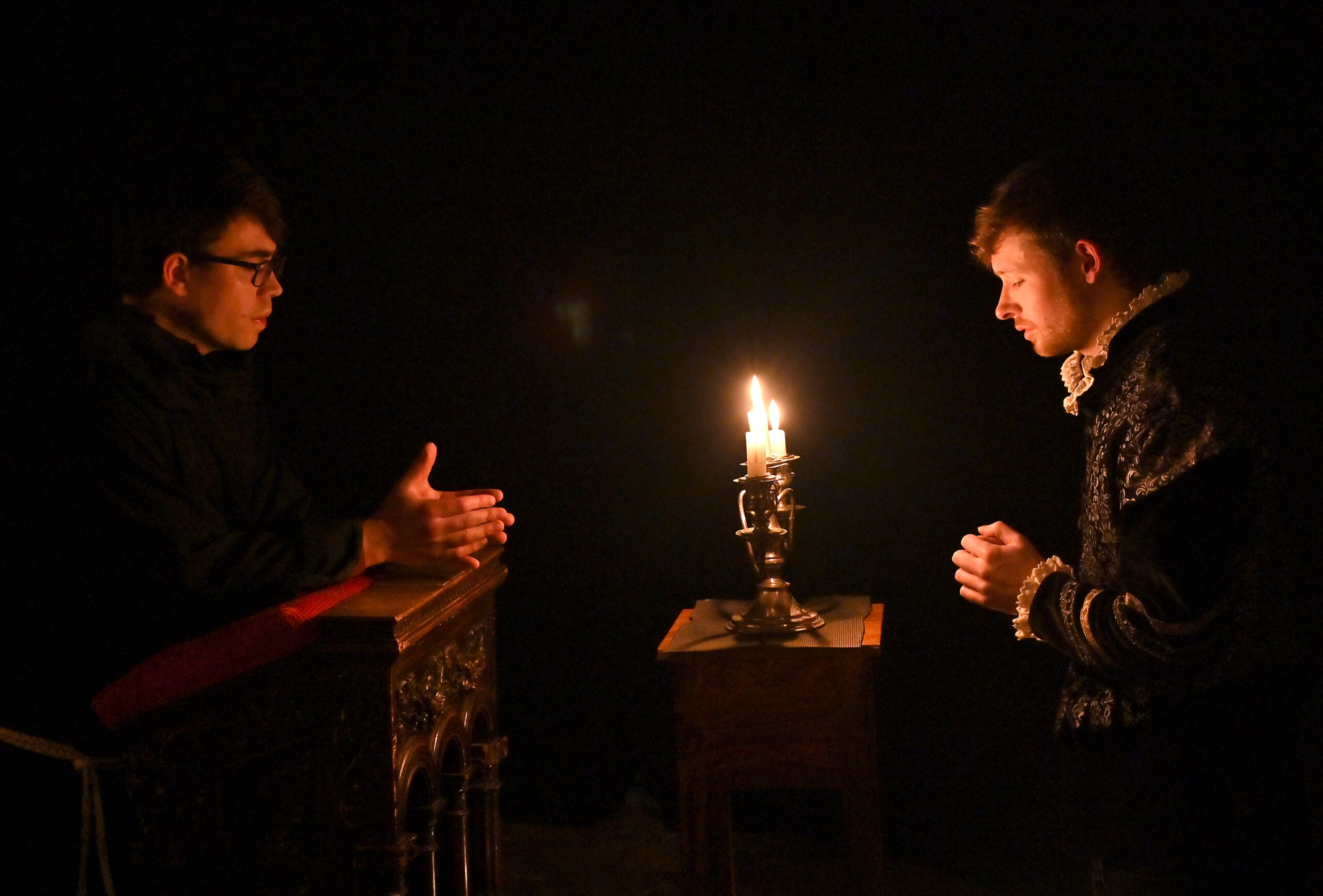
Read More
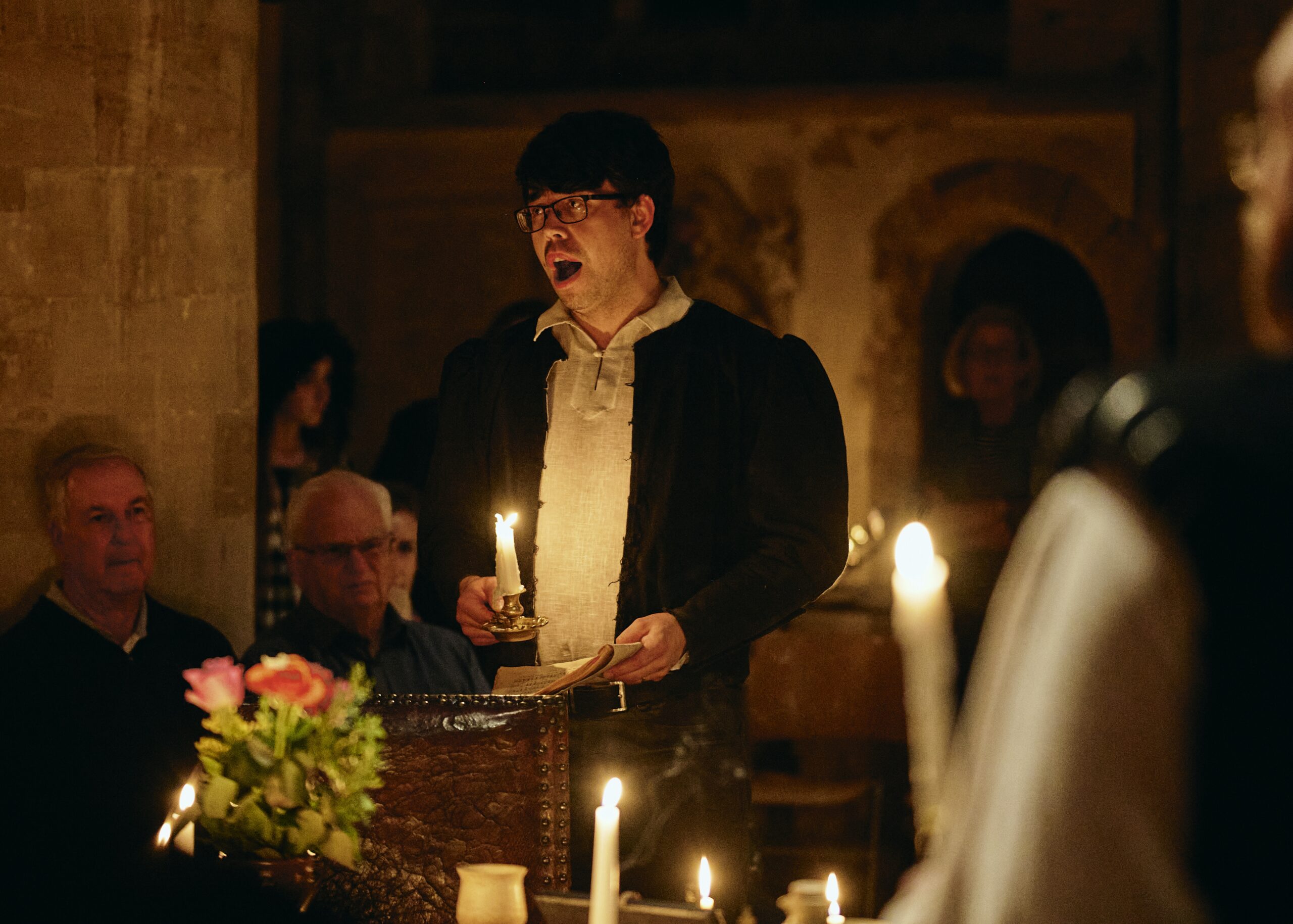
Read More

Read More
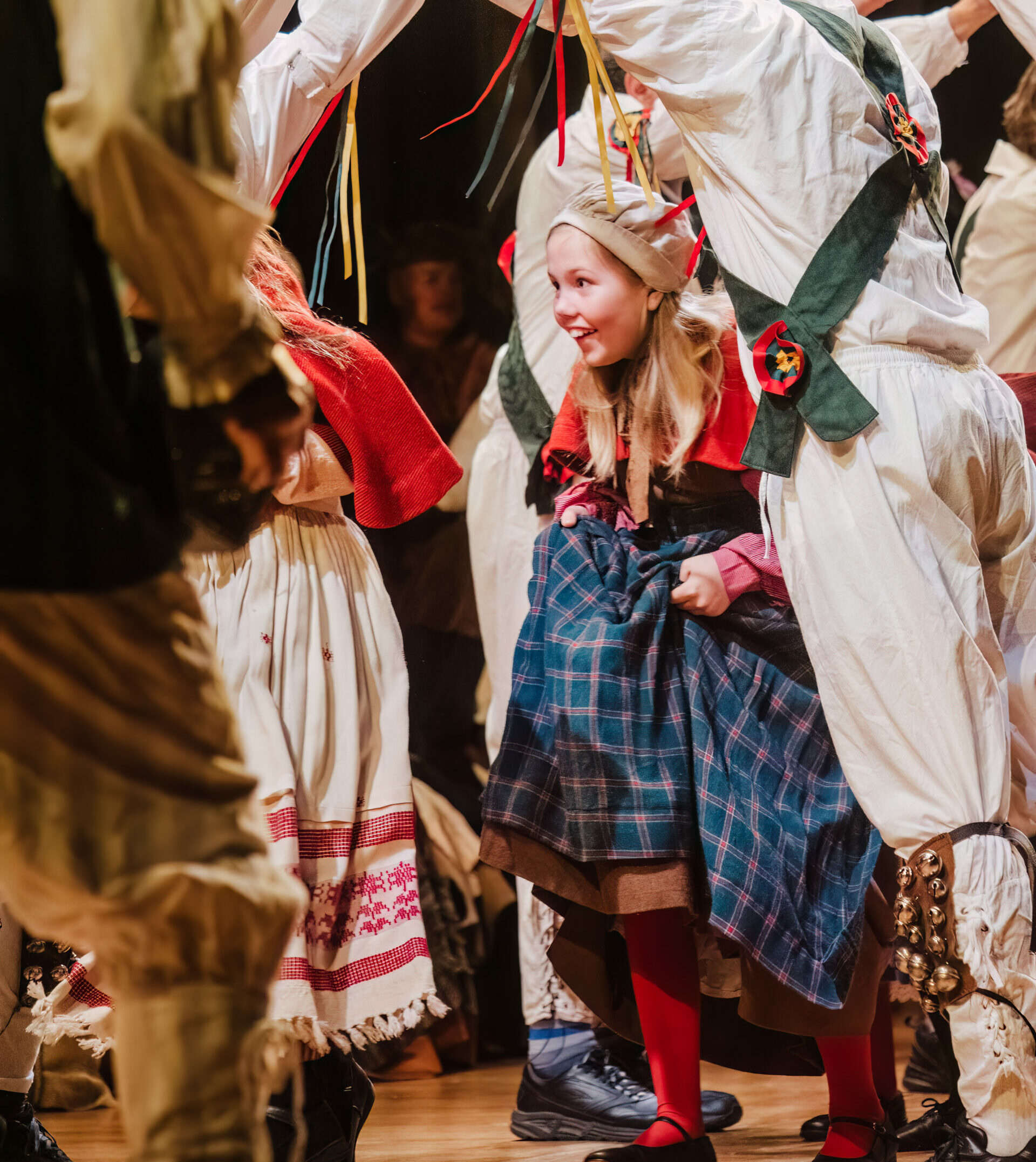
Read More

Read More
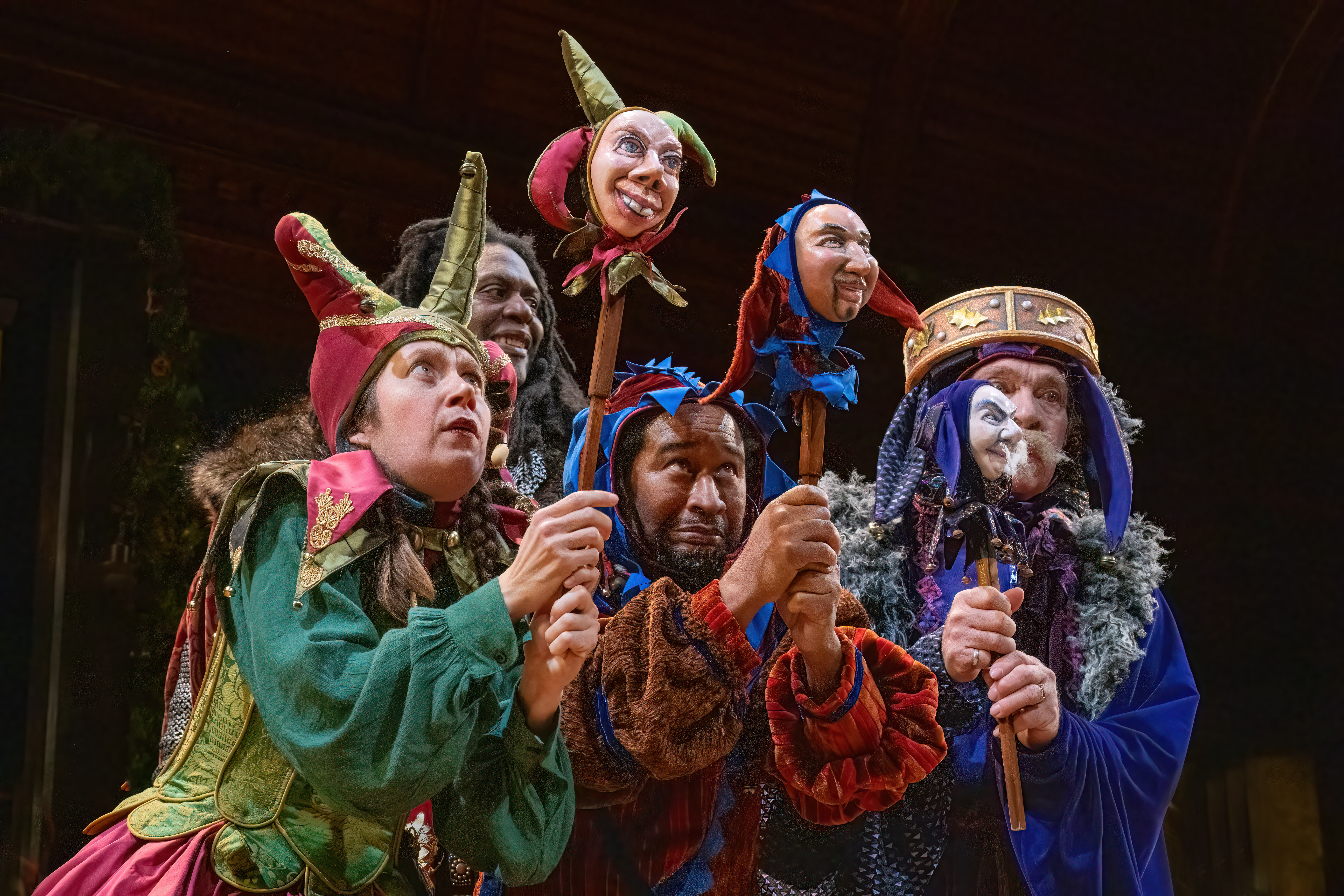
Read More
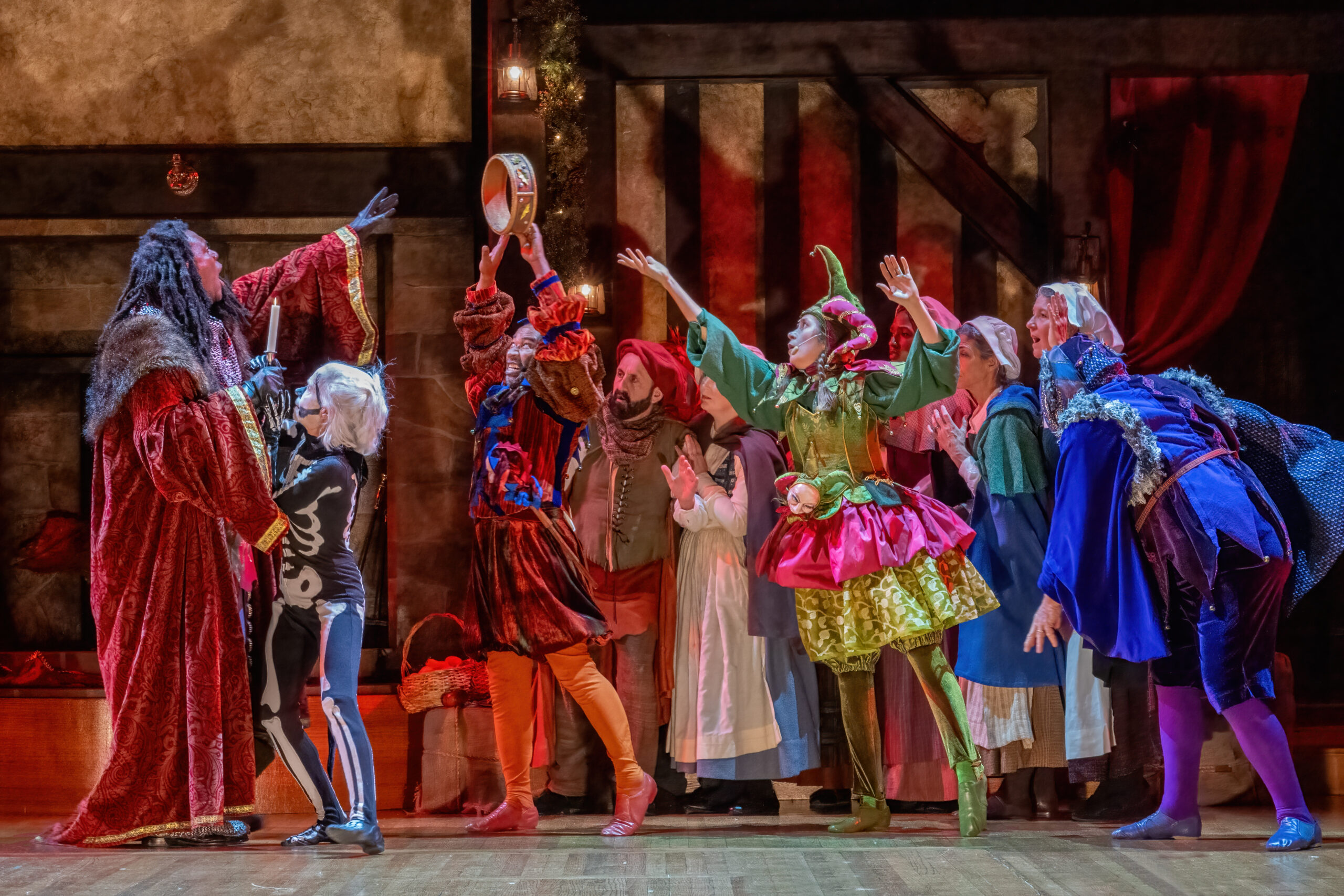
Read More
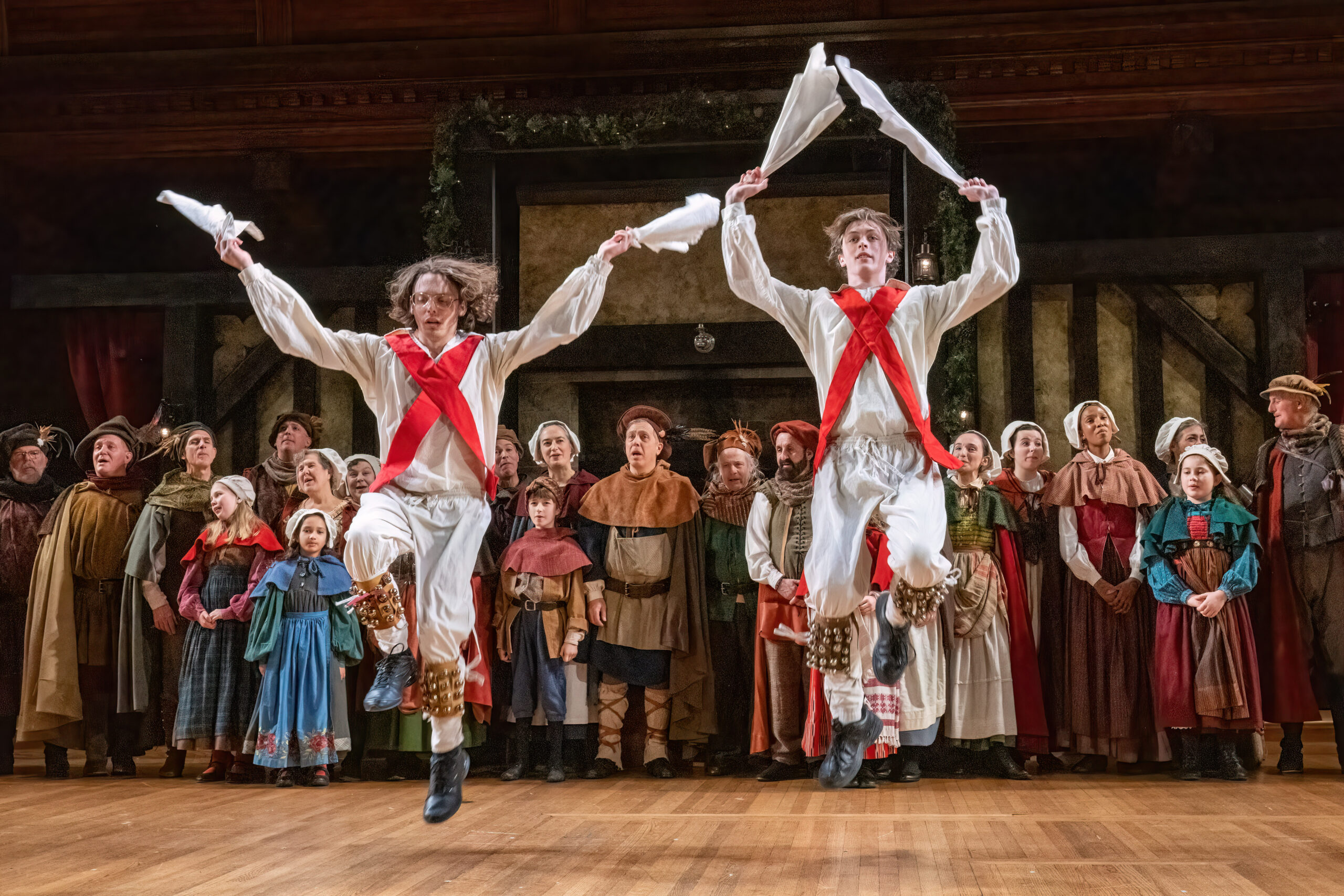
Read More
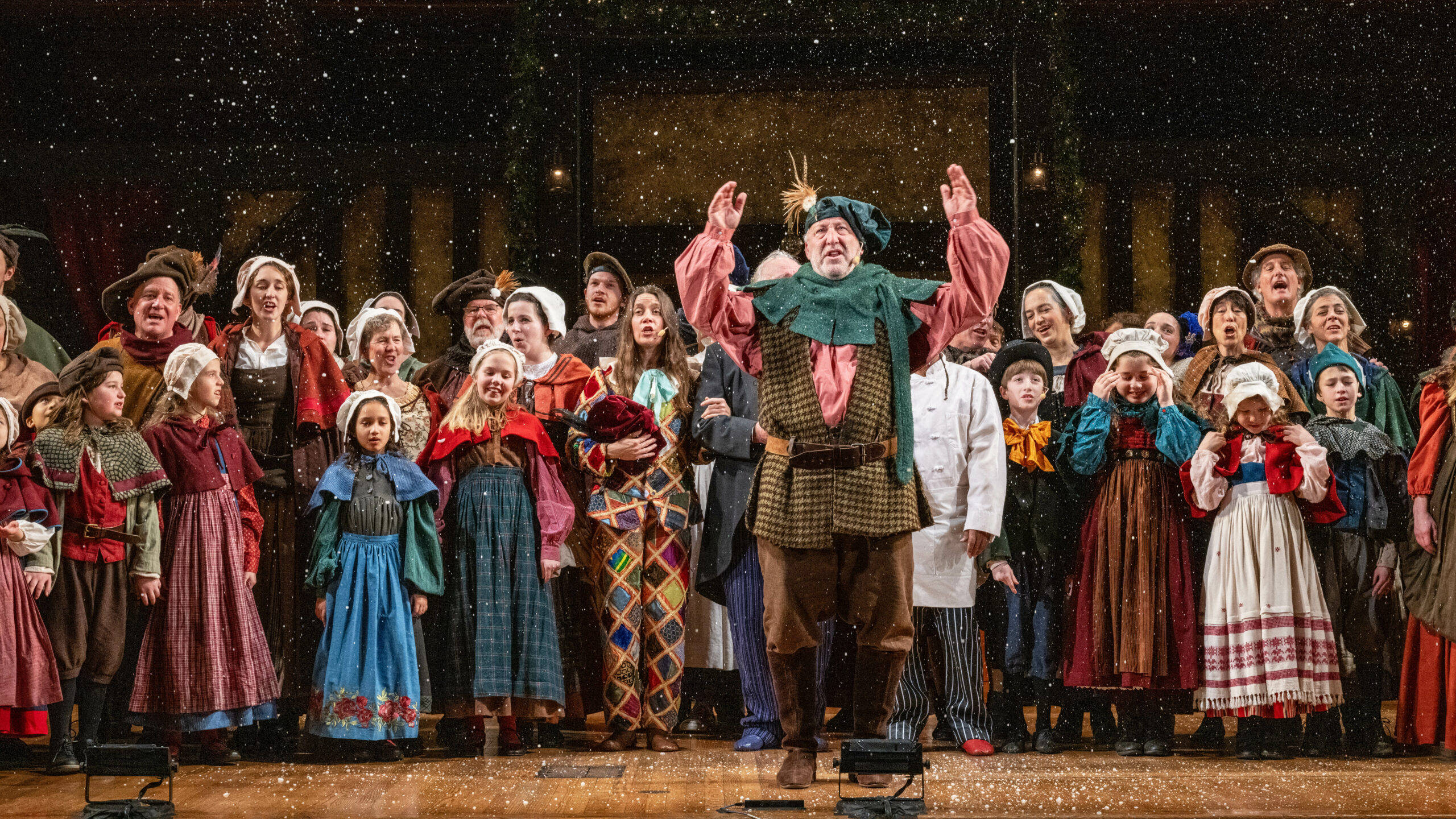
Read More

Read More

Read More

Read More

Read More
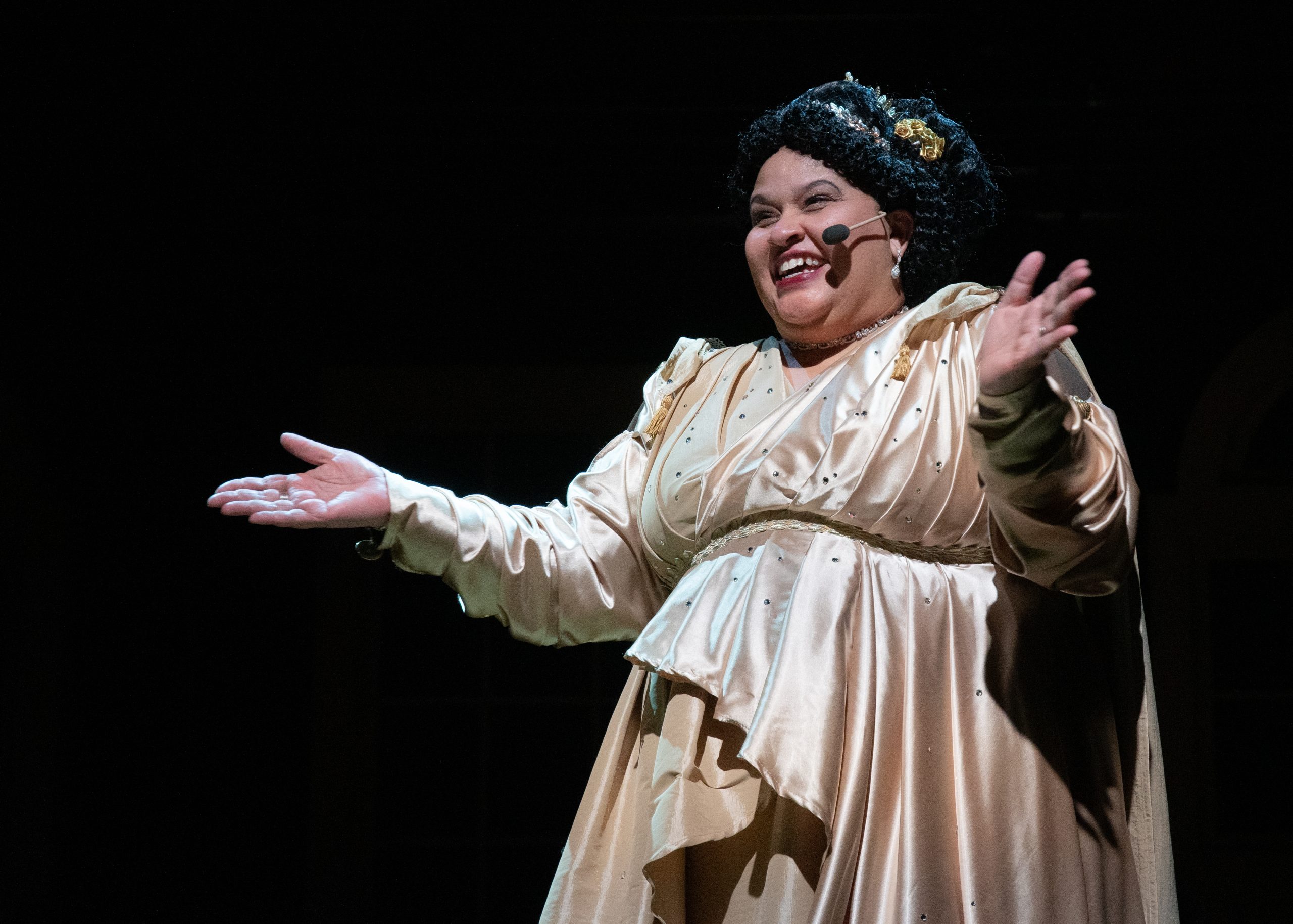
Read More
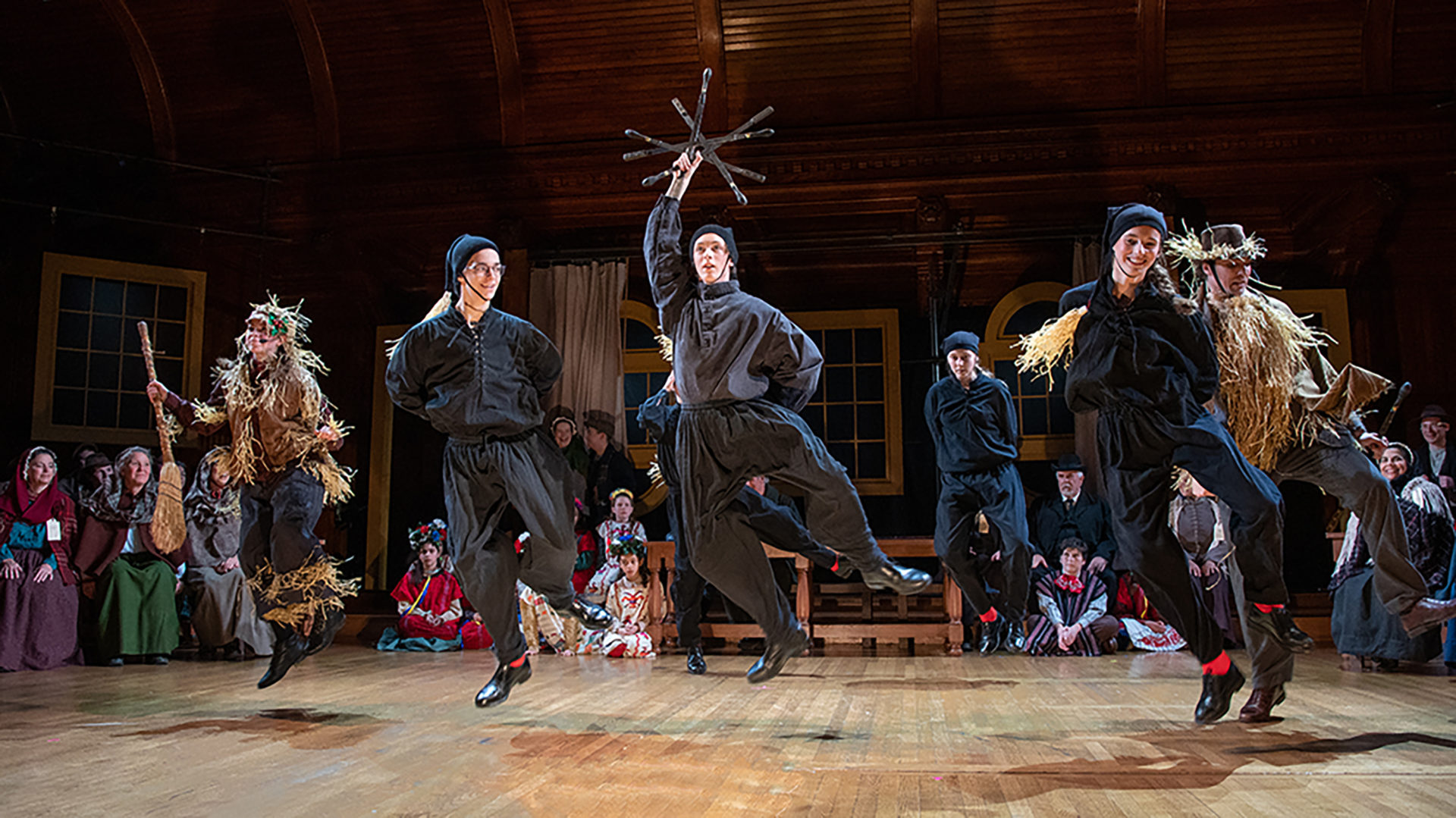
Read More
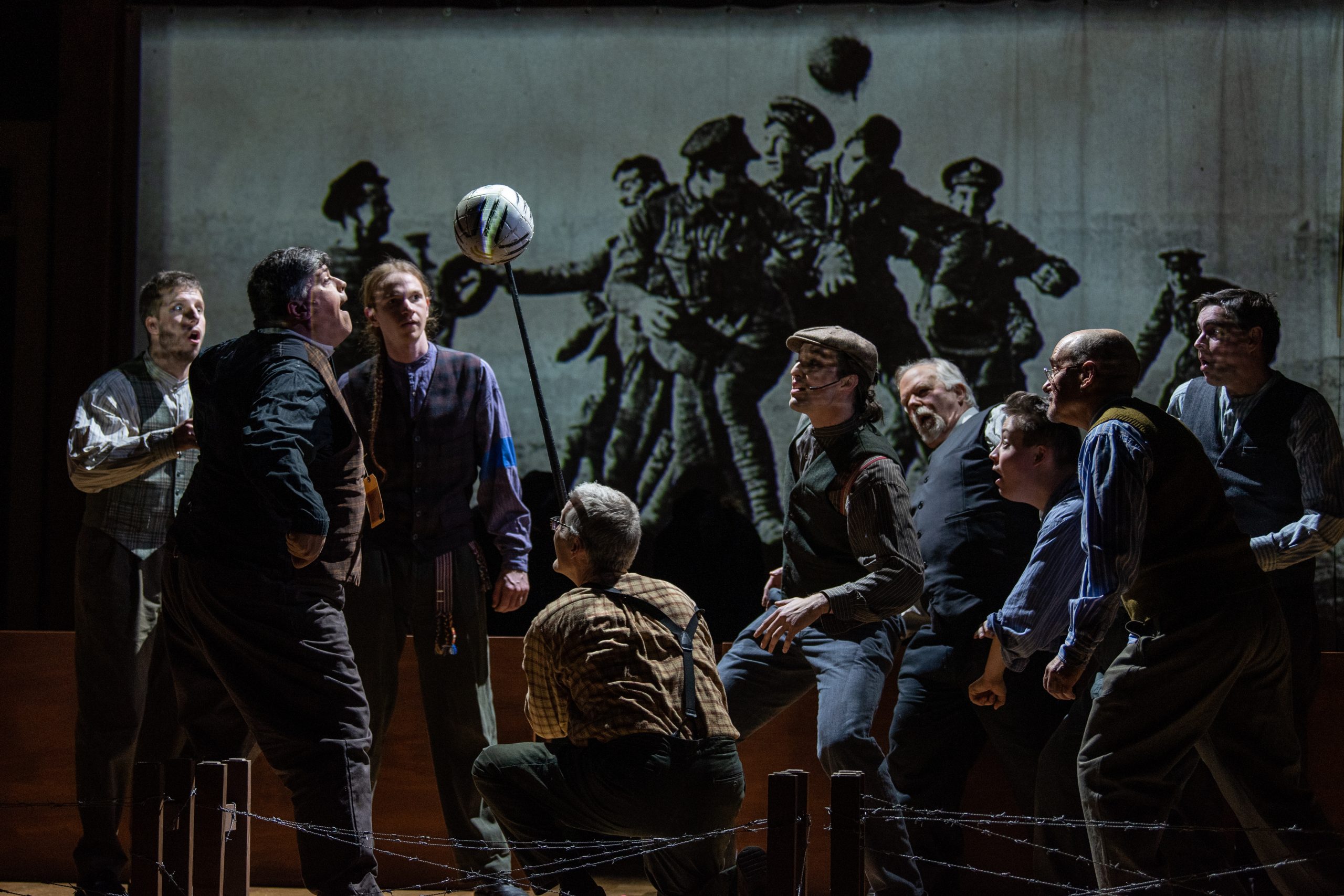
Read More

Read More
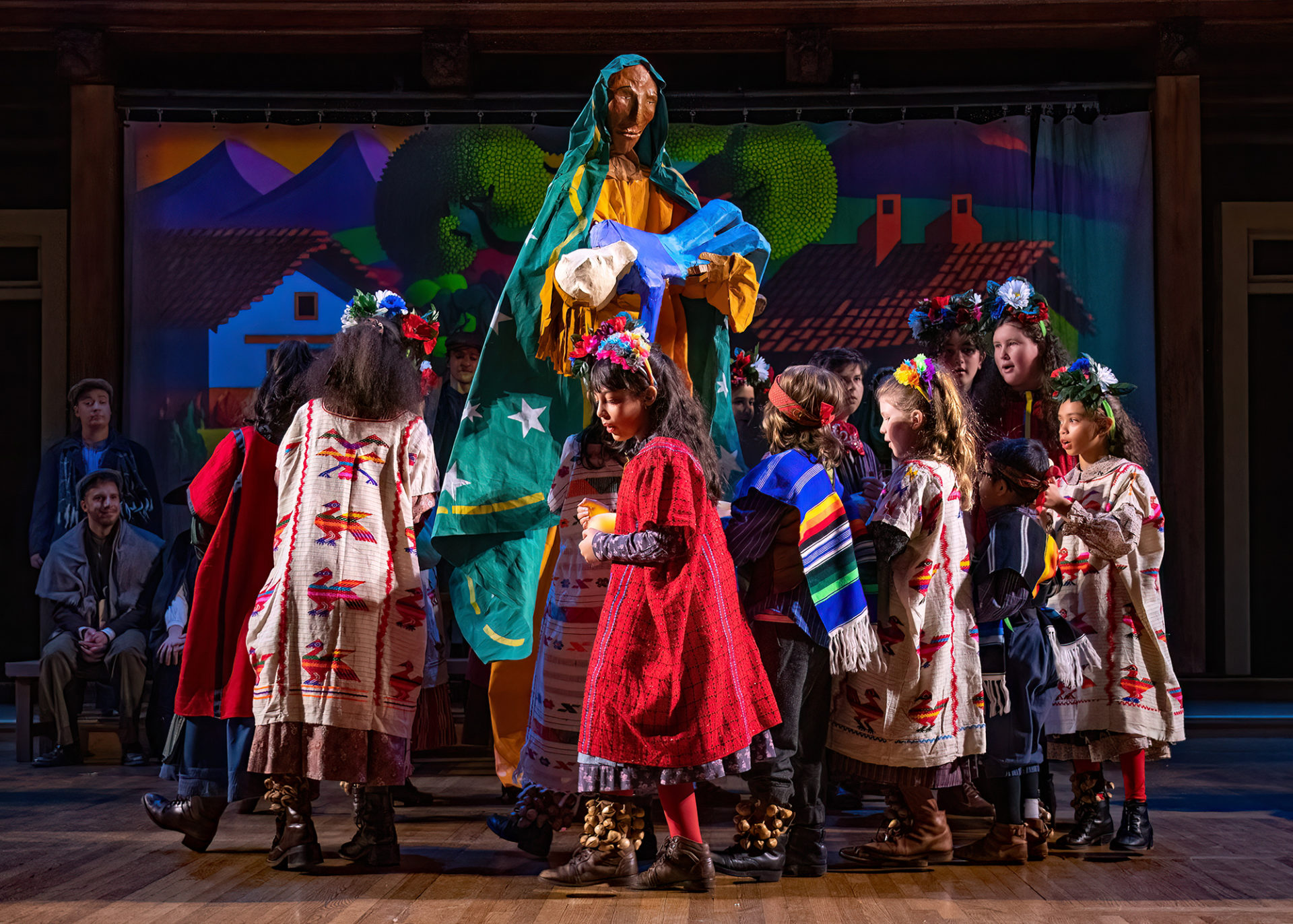
Read More
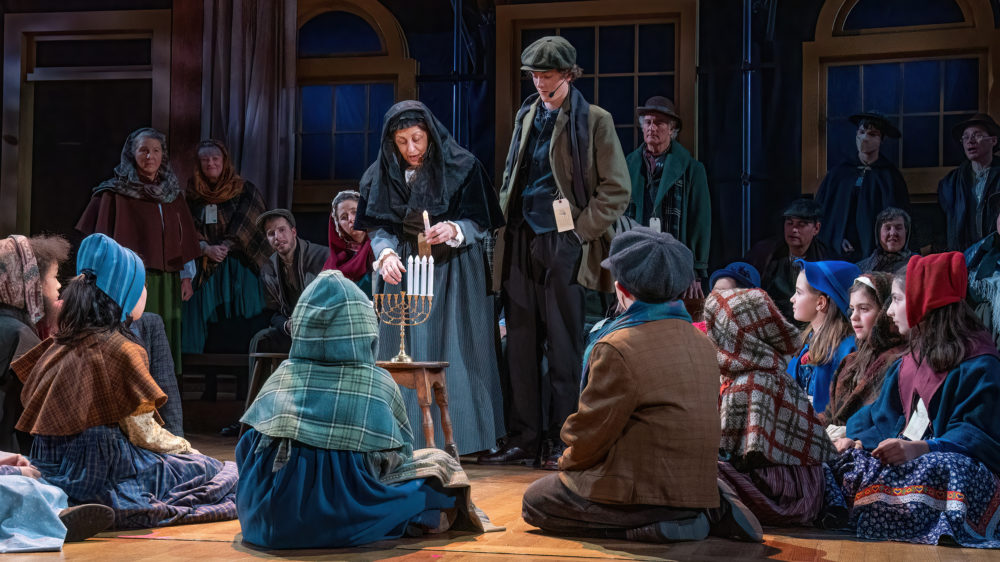
Read More
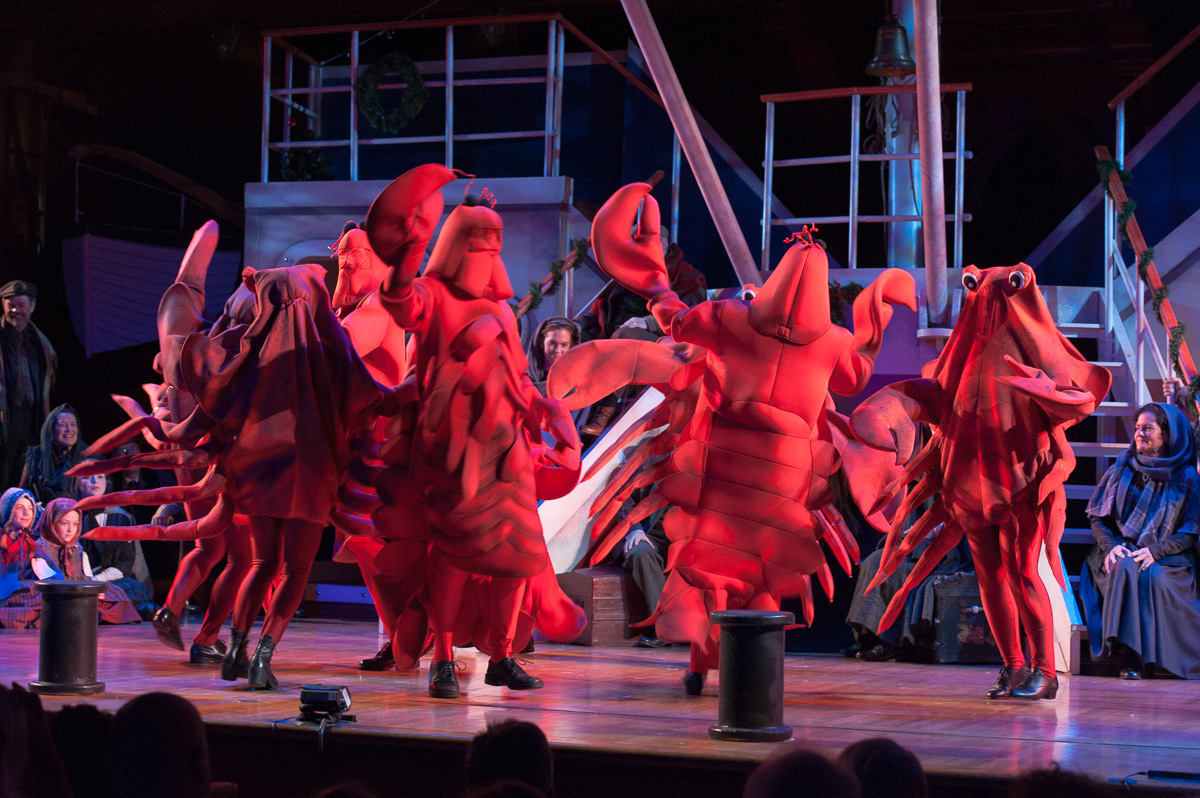
Read More
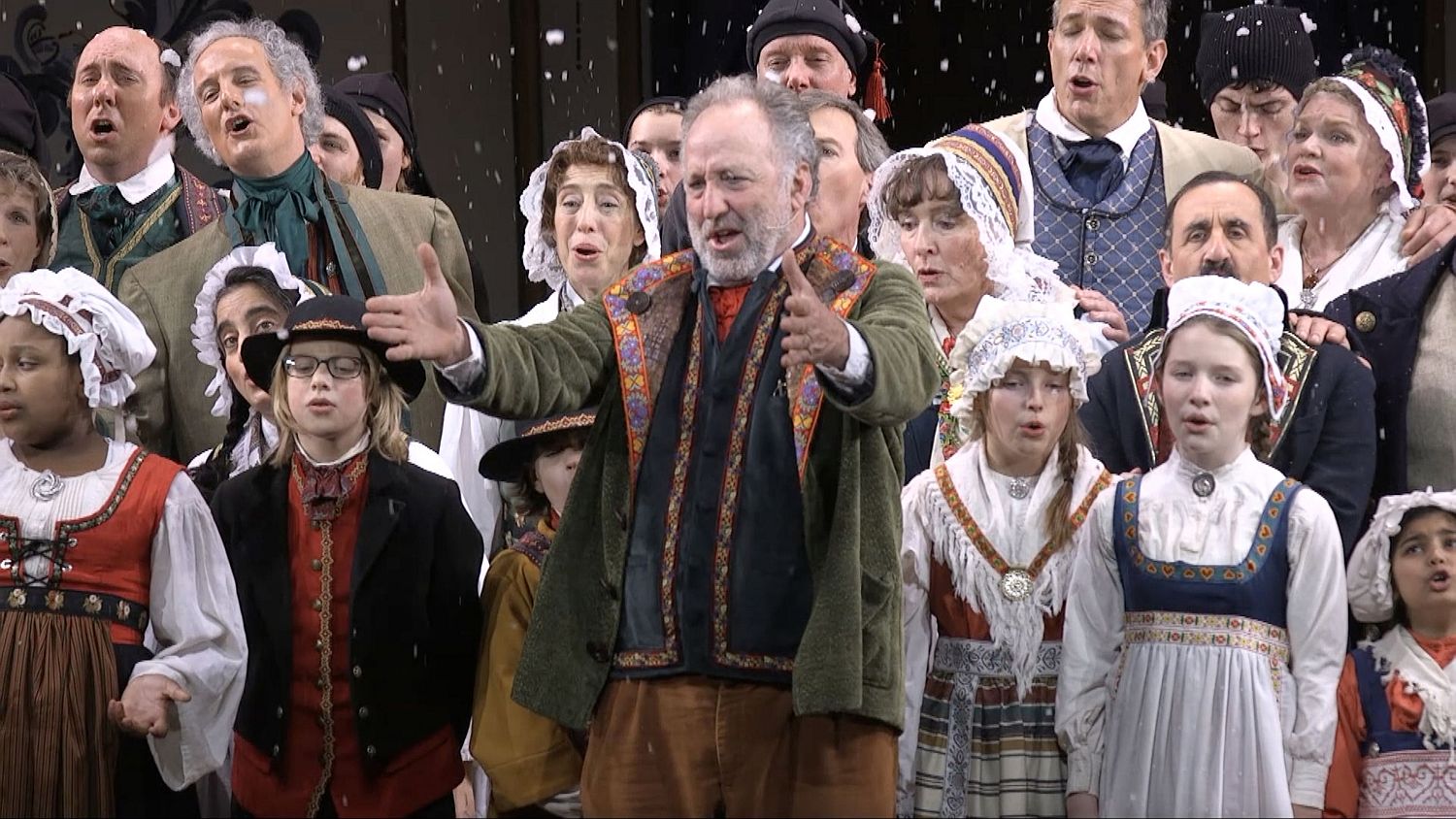
Read More

Read More

Read More

Read More

Read More

Read More
Read More
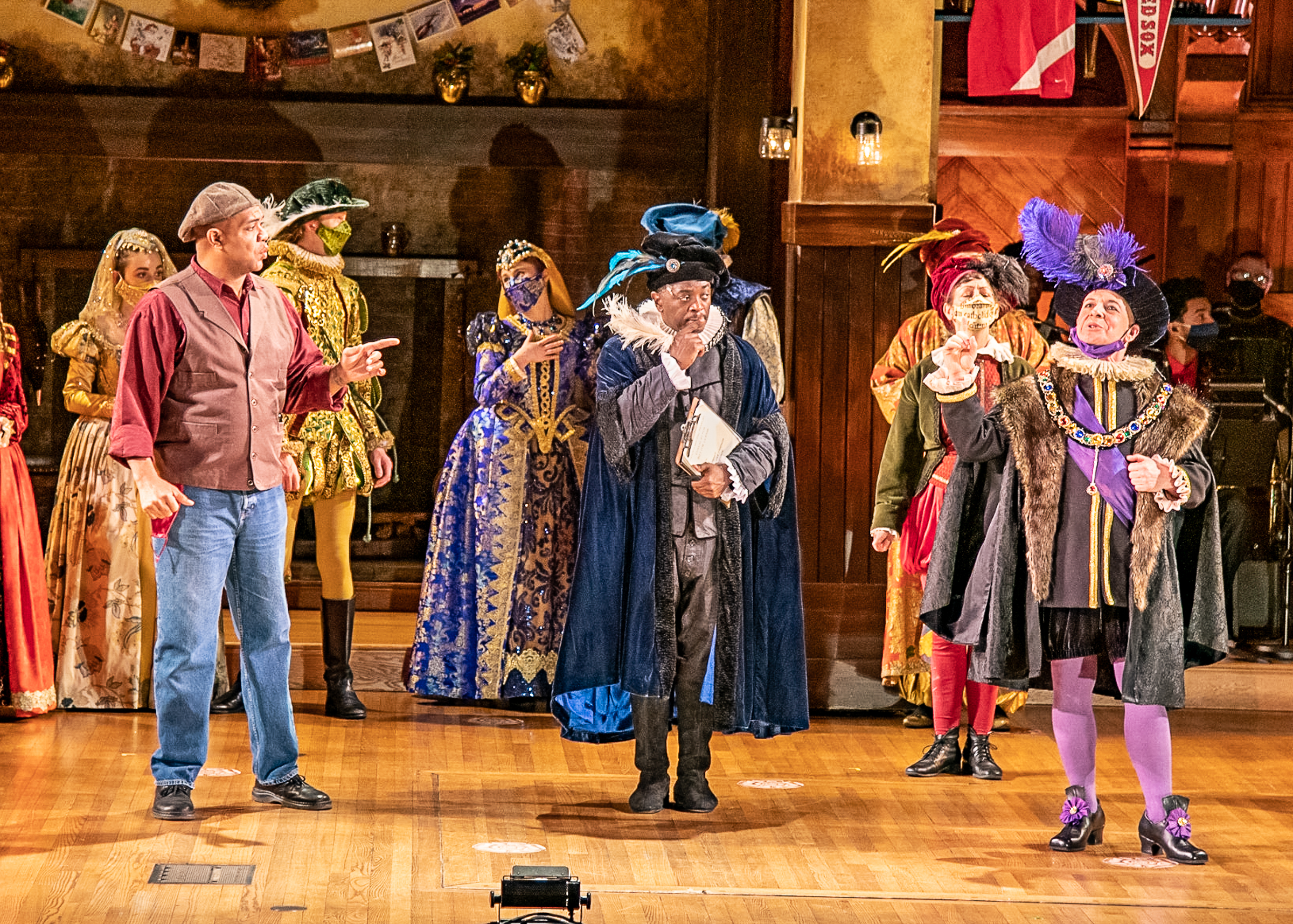
Read More
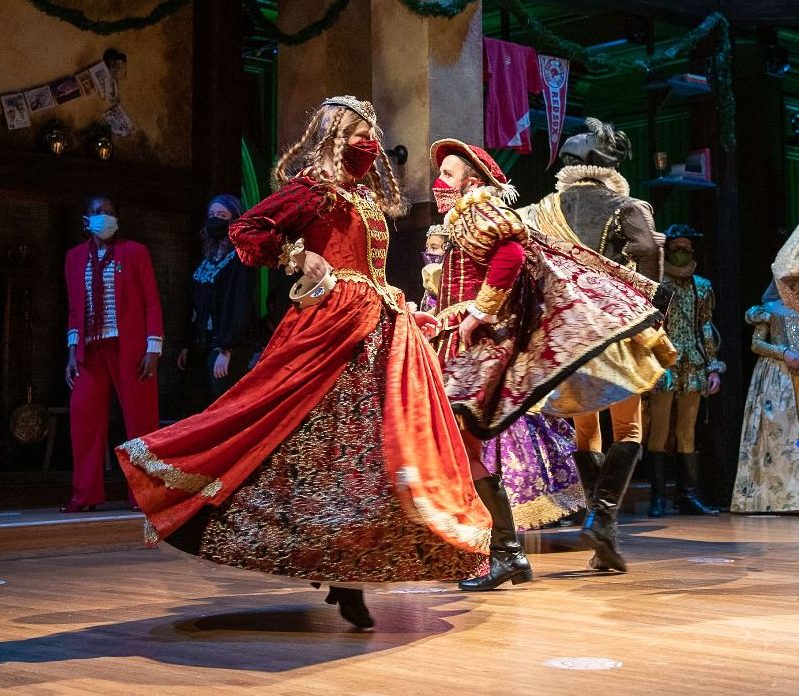
Read More
Read More

Read More
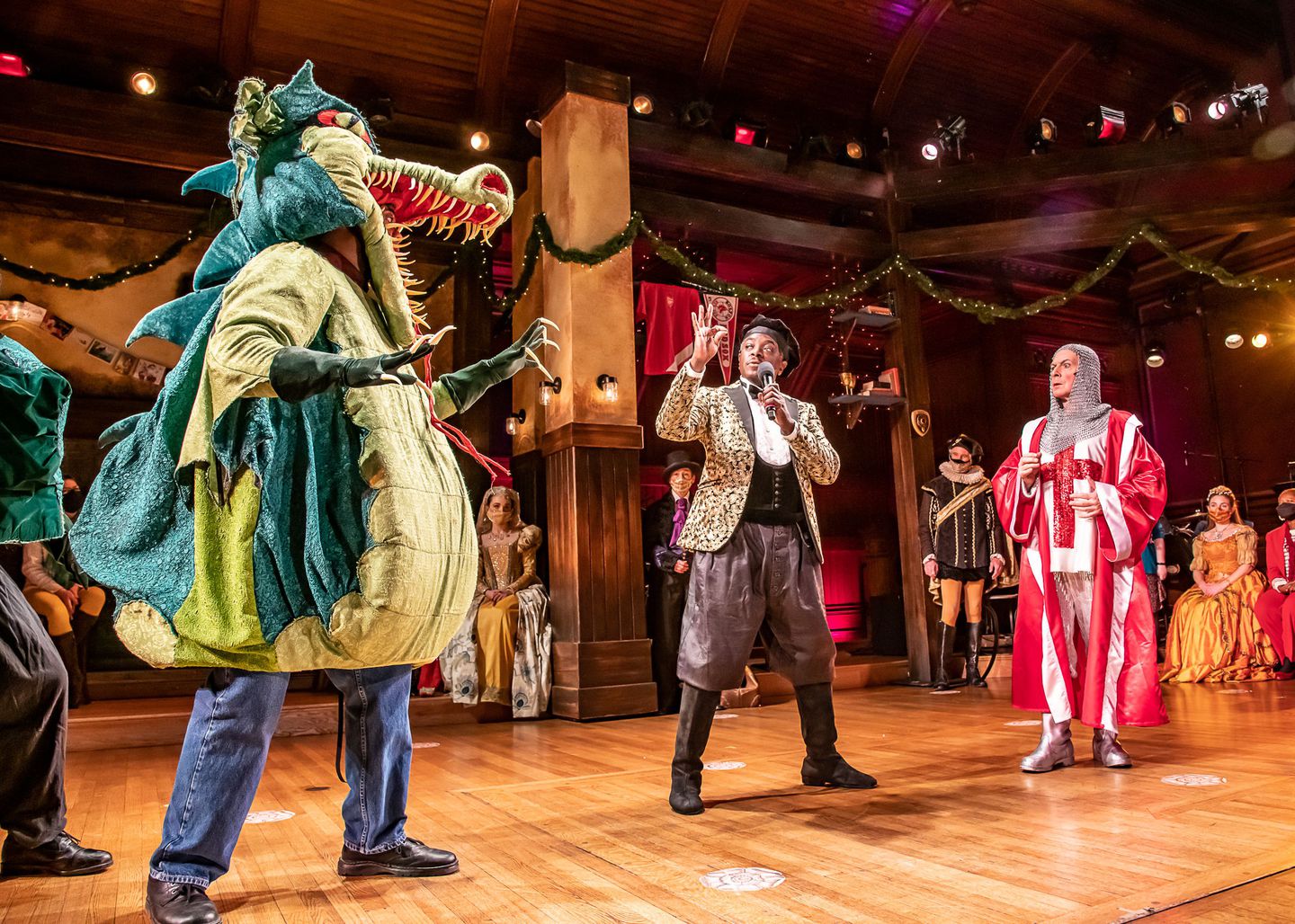
Read More

Read More
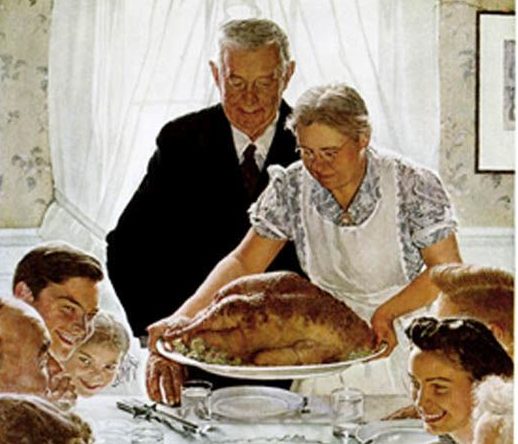
Read More
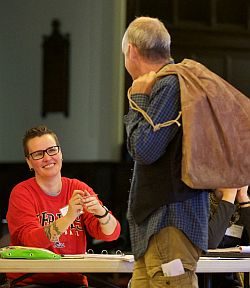
Read More

Read More

Read More

Read More
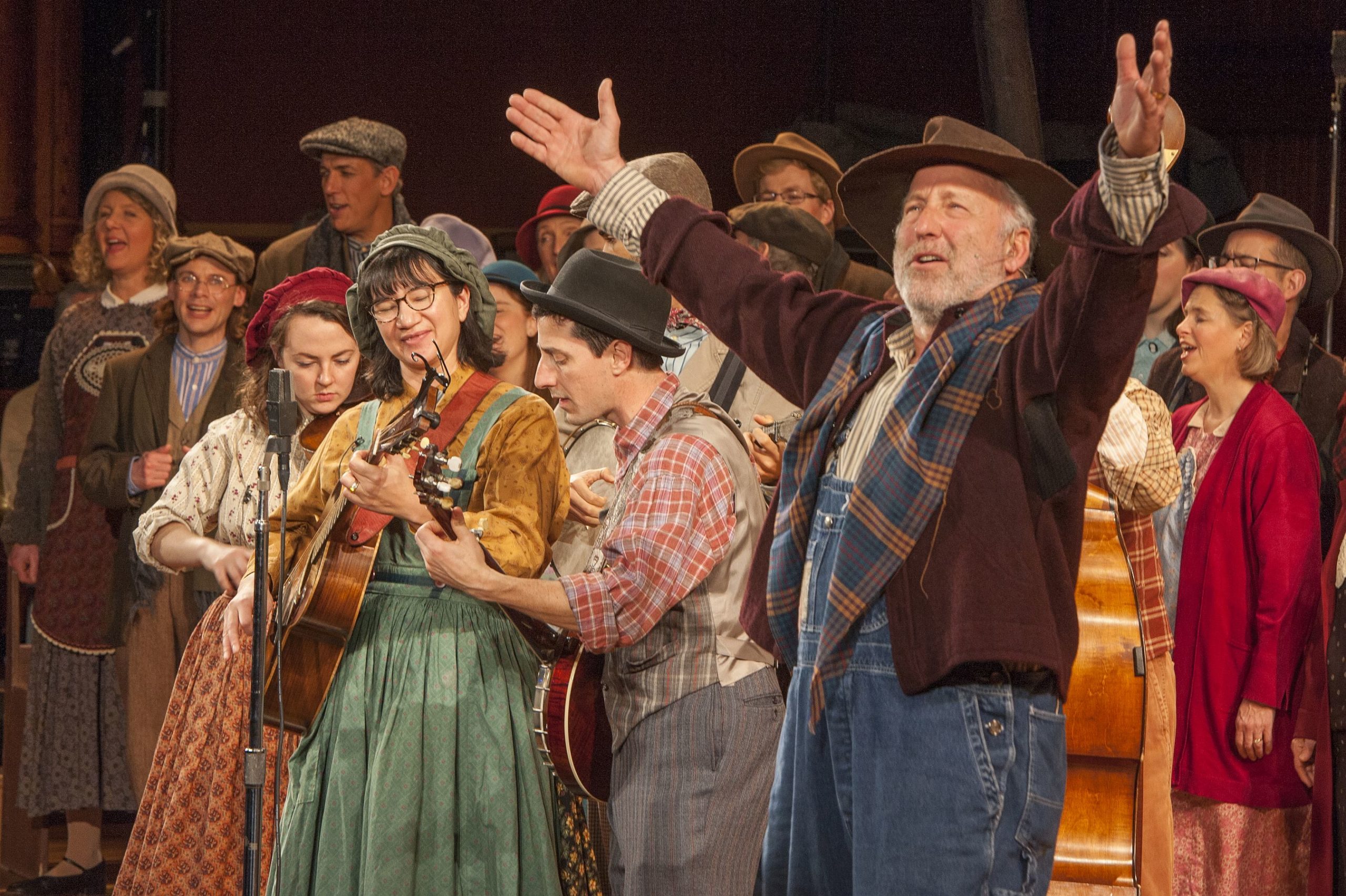
Read More
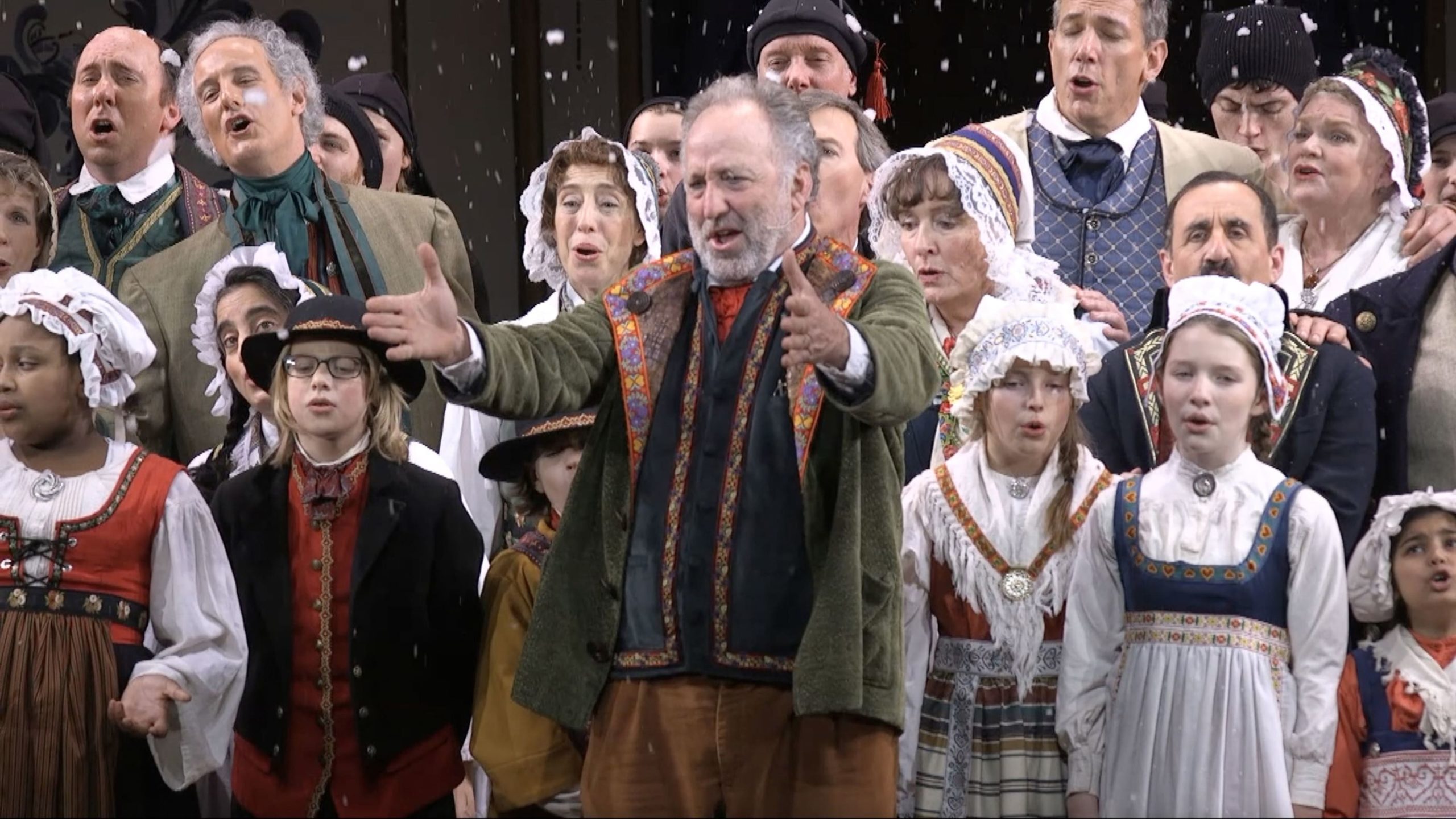
Read More

Read More

Read More
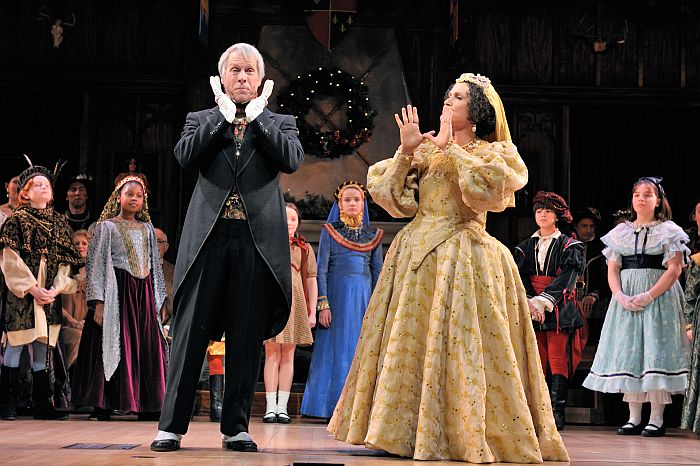
Read More
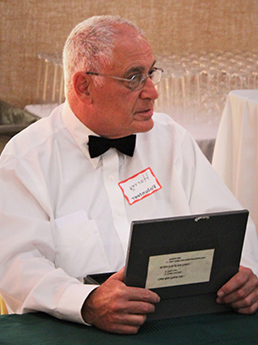
Read More

Read More

Read More

Read More

Read More

Read More

Read More
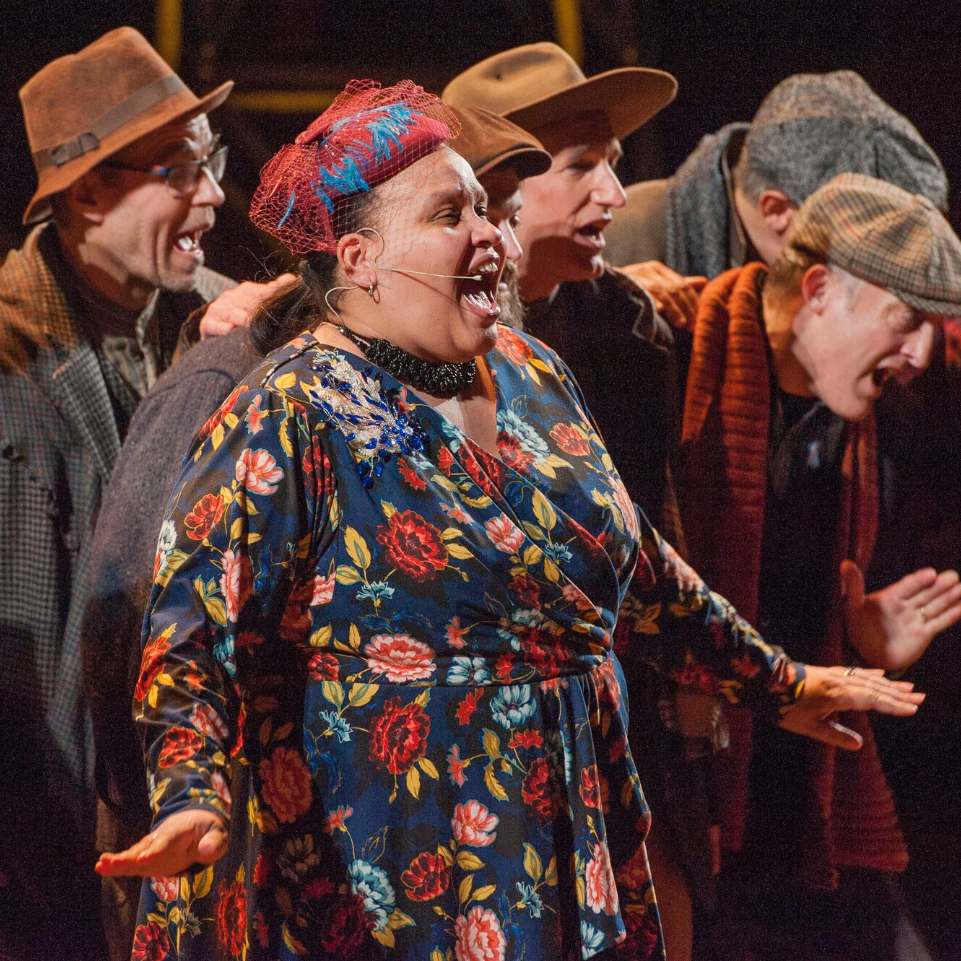
Read More

Read More

Read More

Read More
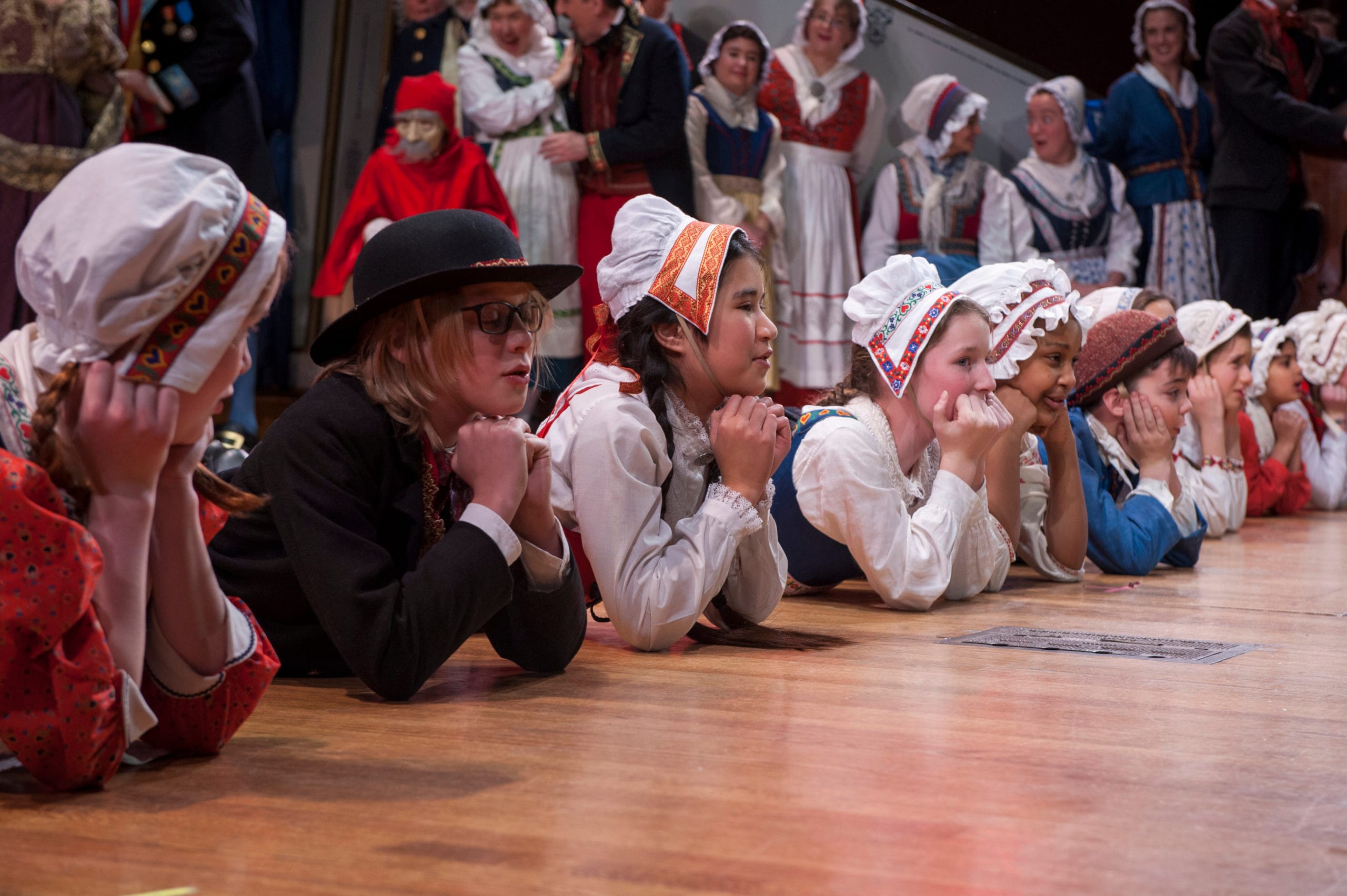
Read More

Read More

Read More

Read More
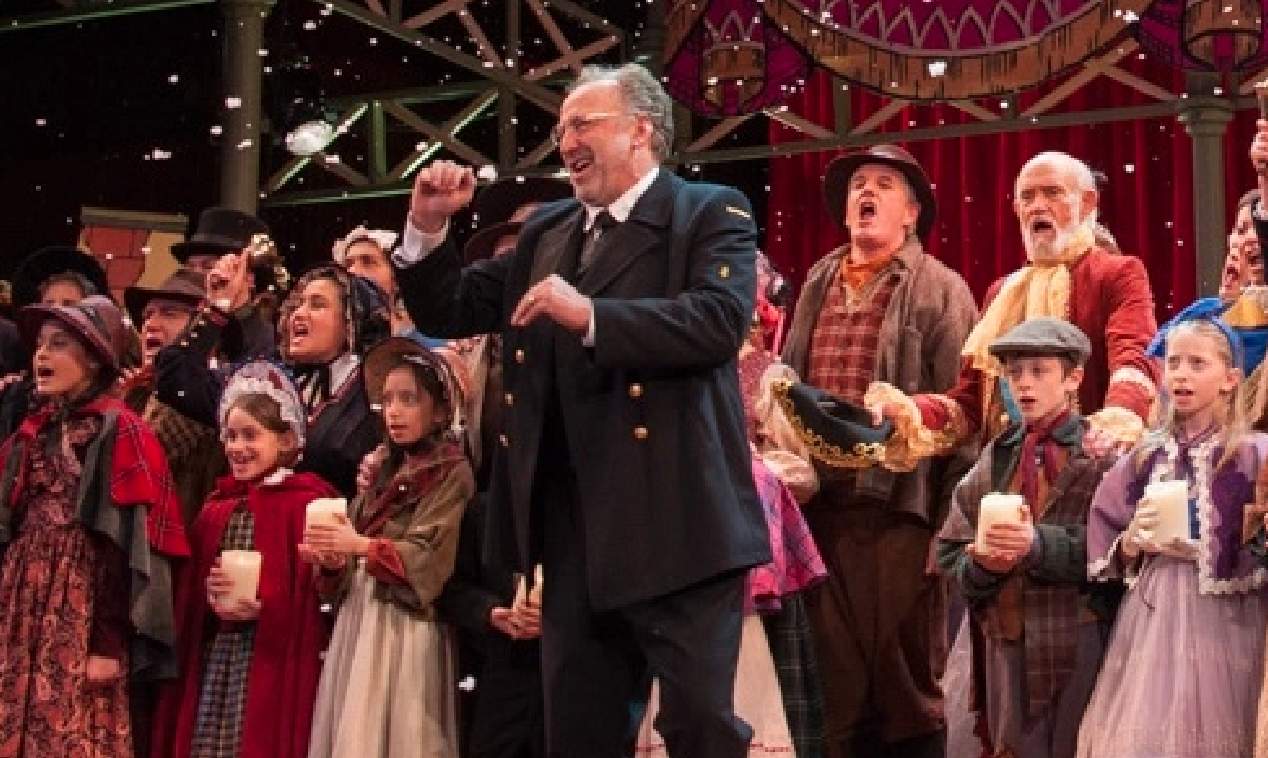
Read More

Read More
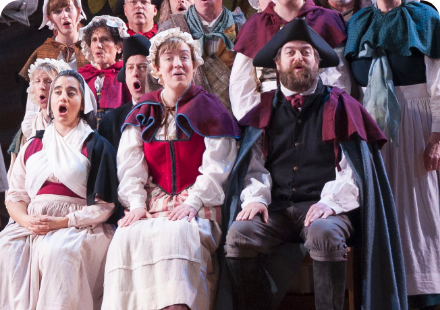
Read More

Read More

Read More

Read More

Read More

Read More

Read More

Read More

Read More

Read More

Read More

Read More
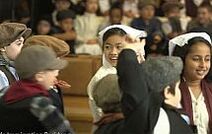
Read More

Read More

Read More

Read More

Read More

Read More
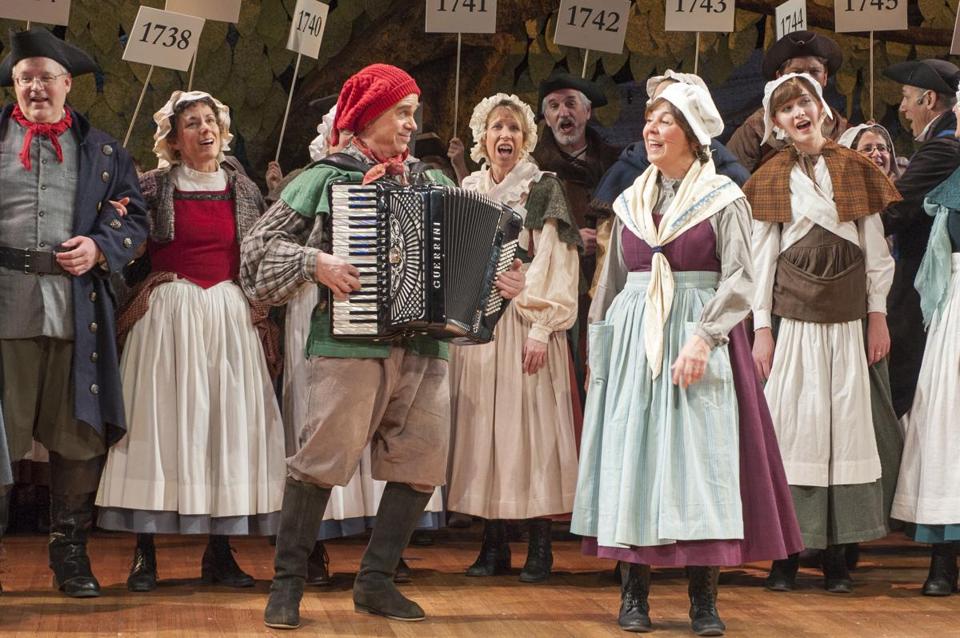
Read More

Read More

Read More

Read More

Read More

Read More

Read More

Read More
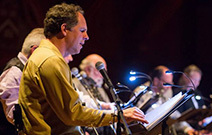
Read More
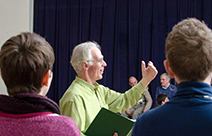
Read More

Read More

Read More
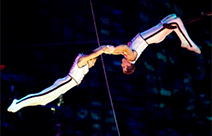
Read More

Read More

Read More
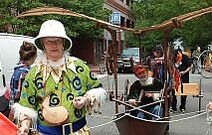
Read More

Read More

Read More
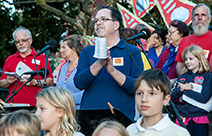
Read More

Read More

Read More

Read More

Read More

Read More

Read More

Read More

Read More
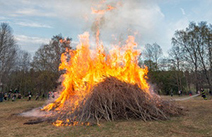
Read More

Read More

Read More

Read More

Read More

Read More
